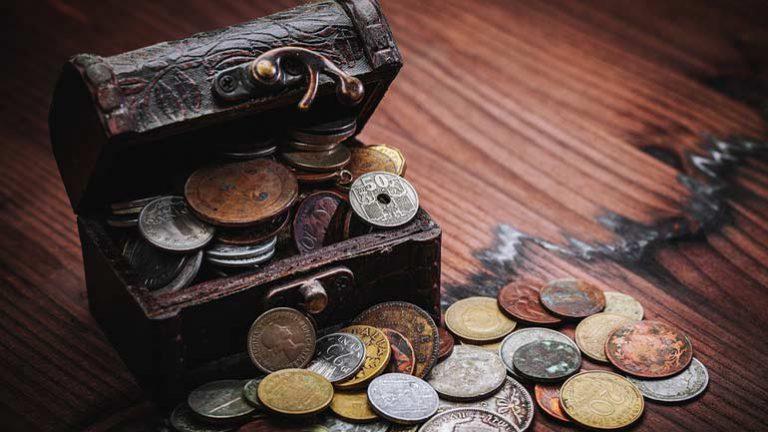



The concept of money is almost as old as human civilisation. Money, as we know it now, derives its value from being a trusted medium of exchange, unit of measurement and a store of wealth.
It is believed that there was the barter system that was the mode of exchange during that period. Bartering is the direct exchange of goods or resources for mutual benefit.
Example: - Wheat in exchange for peddy or oranges for lemons was the system.
But if happens to be a case where person A has Wheat and needs medicine, but person B has oranges but needs wheat. In this situation the exchange is not working out. So, they have to find the 3rd person C who might need oranges and as well has surplus medicine.
It was always tough to find such as person C in the example who could fit in the puzzle so easily, to solve this problem people came up with the Commoditized System of Value Exchange.
There were a few items that everyone would need, such as milk, salt, seeds, sheep, etc. This system almost worked out!!! Soon after people realised that it was quite inconvenient and difficult to store such commodities.
So eventually, better techniques were found to be used as financial instruments such as Metal pieces. People values the rare metals more than the usual ones. Gold and Silver metals topped the list as they wouldn't corrode.
And hence the countries started minting their own currency (metal coins with different weights) with their official seal in them.
But as these metal pieces were easy to carry and store but they became a vulnerable theft so Temples came into the rescue as people trusted them and had a strong belief that no one would steal from temples.
The priest would give a receipt to the person depositing golf that would mention the amount of gold/silver received, as a promise to acknowledge their deposit and give back to the bearer of the receipt the same when they returned.
This receipt worked, as the fiat currency (Notes) and the temples played the role of centralized banks that people trusted.